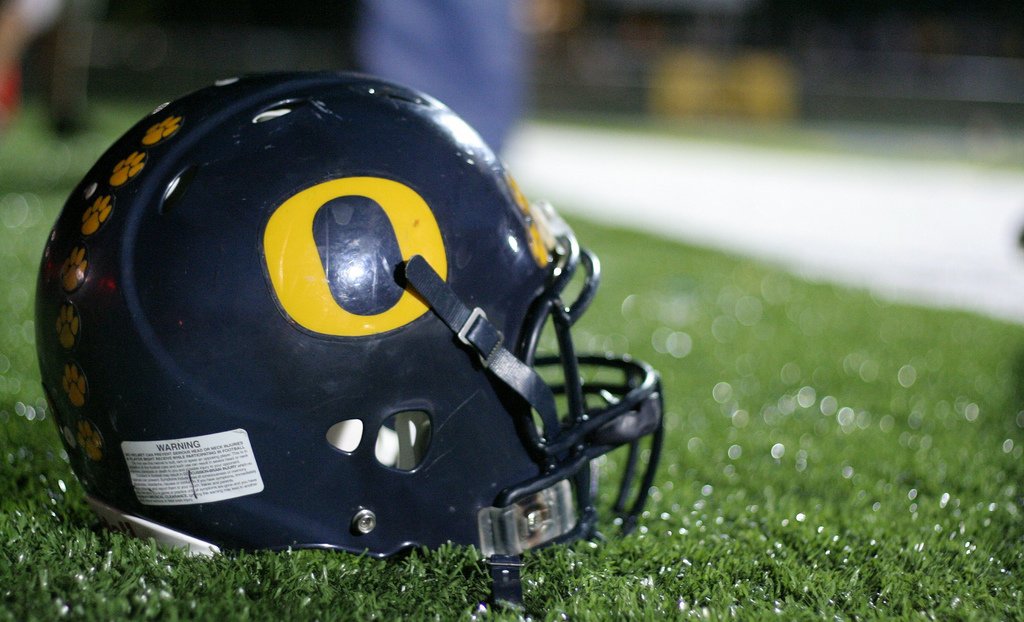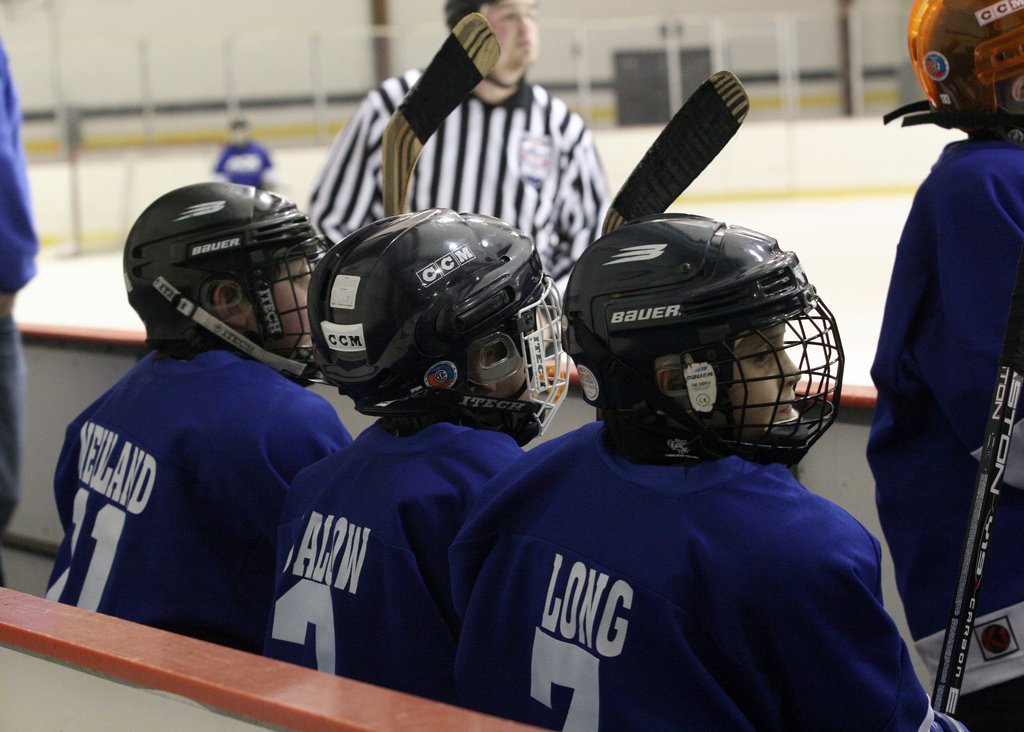
Over the past few years, the long-term negative effects of concussions have been all over the news. This has lead to rule changes in some of America’s most violent sports, including football and hockey. While the concussion epidemic in professional athletes is definitely a matter of concern, adolescent concussions happen far too frequently and can have serious effects on the developing brain. It’s important to be aware of the dangers of concussions and be informed as to how to proceed if your teen has sustained one.
What is a concussion?
Most people have a vague idea of what a concussion is but aren’t really clear on the details. The Center for Disease Control and Prevention (CDC) defines a concussion as “a type of brain injury that changes the way the brain normally works…caused by a bump, blow or jolt to the head”. Concussions can also be caused by a blow to the body that causes the head and brain to move back and forth quickly. Concussions are often described as ‘mild’ head injuries by physicians because they aren’t usually life-threatening, but the effects of a concussion can be serious if treatment of the injury is mismanaged.
Effects of a Concussion

Image Credit: fukapon
The effects of a concussion can be observed almost immediately after a hit or fall. These include an inability to remember what happened before or after the blow, appearing dazed or stunned, clumsy movements and delayed response, loss of consciousness (even briefly), mood, behaviour or personality changes, nausea, dizziness, headache, sensitivity to light and noise and generally ‘feeling down’. The CDC warns that some symptoms may show up hours or days after the incident and recommends monitoring your child for several days after the injury.
Information on the long-term effects of multiple concussions is still coming to light in the wake of the NFL concussion scandal, but experts and physicians agree that it’s best to bench an athlete (no matter the circumstances) at the slightest sign of concussion.
If you suspect your child has a concussion
If your child is playing a sport, you should immediately remove them from play and seek medical attention. If you’re around when the hit occurs, try to write down what happened and record any observed symptoms, as this information is extremely useful to medical care providers. Your doctor may want to scan your child’s brain as well as perform other tests to determine the seriousness of the injury. Finally, get written instructions from your doctor on what your next steps should be and follow them!
One last, and very, very important note: do not let your child return to play (sports or otherwise) until a medical provider has declared them symptom-free and cleared them to play. When a child returns to play before the brain has fully recovered, they risk a repeat concussion; these can cause permanent brain damage.
Returning to normalcy

Image Credit: battlecreekcvb
After a concussion, your child may need your help in regaining their balance. Rest—not only from physical activity but also from activities that require a lot of concentration, such as school work and video games—is key in recovering from this type of injury. Your child might not be able to participate in their normal activities (school, time with friends, sports etc.) and could feel frustrated, sad or angry because of this. Stay in contact with your child’s teachers, coaches and medical providers; you should all be on the same page.
Be supportive and encouraging when you talk to your child about their concussion and be patient, as they may or may not receive what you’re saying right away. Remember that concussions can take months to heal, and let your child know that it’s ok to take some time now to make sure they’re in top shape when they return to their normal routine.
Feature Image: Jinx!


